#Recalls
Hyundai Recalling 129,000 U.S. Cars Over Engine Fire Risk, Fined By Regulators
Hyundai Motor Co. is recalling roughly 129,000 vehicles sold in the United States over an engine issue that may pose a fire risk. While we’ve been generally kind to the manufacturer of late, thanks to a rather good lineup of well-designed vehicles, it’s been mucking things up with recalls.
Last week, Hyundai Motor Group (including Kia) agreed to shell out up to $210 million in civil penalties after American safety regulators said it was dragging its feet on enacting a recall that encompassed 1.6 million automobiles. Apparently, there was some confusion on what needed to be reported to the National Highway Traffic Safety Administration. But let’s begin with the latest problem covering the company’s 2.4, 2.0, and 1.6-liter engines.
Tesla Issues Dual Recalls Covering 9,500 U.S. Vehicles
Tesla is issuing head-to-head recalls covering about 9,500 vehicles over a roof trim that may separate from the car and some bolts connecting the front upper control arm to the steering knuckle that might need to be tightened. While both issues can lead to some disastrous results, the unsecured roof is the larger problem by far and may affect more vehicles than the initial report issued by the National Highway Traffic Safety Administration (NHTSA) — which only references 9,136 examples of the 2016 Tesla Model X — suggests.
Earlier this month, the footage was shared over Reddit showing a Chinese Model Y with a roof that also had a hard time staying put when exposed to highway speeds. While the official explanation from the manufacturer was that an authorized third-party shop may have failed to install a replacement glass roof effectively. There’s an investigation pending, though it’s curious to see the smaller crossover’s top popping off in a manner nearly identical to those stated in the American recall.
GM Recalling Nearly 6 Million Vehicles Over Eternal Takata Scandal
As sure as the sun rises in the morning, we can always count on the Takata airbag recall adding new vehicles to its ranks. General Motors is poised to add another 5.9 million vehicles to the list after the National Highway Traffic Safety Administration issued an announcement on Monday.
Regulators stated that the automaker will be obligated to recall SUVs and pickup trucks (GMT900 vehicles) manufactured between 2007 and 2014 because the installed airbag inflators suffer from the classic Takata trait of being extremely dangerous. While the defect itself is relatively rare, the number of vehicles involved is staggering. Around 100 million inflators have been recalled by 19 major automakers around the world, and the resulting failure is often devastating. Units, especially those exposed to high levels of heat and humidity, can rupture ― causing an explosion that sprays metal fragments all over the cabin. There have been 18 known fatalities relating to the issue in the United States alone.
Hyundai Being Sued Over Kona Electric Fires, LG Chem on Deck
Hyundai Motor Co. is being sued over a series of battery fires in its electric vehicles in Asia — specifically in relation to the otherwise-enjoyable Kona EV. Though it hardly seems fair to single out Hyundai when General Motors recently issued a recall encompassing 68,677 electric vehicles with batteries manufactured by LG Chem. Interestingly, Hyundai’s 74,000-strong Kona recall (which includes 11,082 units sold to the United States and Canada) uses the same supplier.
EV fires have become a hot topic within the industry, specifically because it runs the risk of slowing adoption rates and makes the affected automaker look wildly inept. Lawsuits don’t help the matter but Hyundai’s more immediate concerns involve proving that LG is the one that screwed up. While it hasn’t pointed any fingers directly at the supplier, it has dropped subtle hints while LG Chem insists its products are not defective. The duo is reportedly collaborating on an internal investigation into the troubled vehicles — 16 of which have burst into flames in North America, Europe, and Asia.
NHTSA Upgrades Safety Probe Into 159,000 Tesla Vehicles
On Monday, the National Highway Traffic Safety Administration (NHTSA) announced it would be upgrading a probe into almost 159,000 Tesla Model S and Model X vehicles relating to touchscreen/memory issues that could result in a failure to comply with federal standards.
U.S. regulatory mandates stipulate that modern vehicles be required to have rear-camera displays to aid drivers traveling in reverse. The expanded investigation has tripled in size and now encompasses 2012-2018 model year Tesla Model S and 2016-2018 Model X vehicles, which may be eligible for a recall if the NHTSA sees fit.
General Motors Recalls Majority of Chevrolet Bolts to Prevent Additional Fires
As we reported about a month ago, the NHTSA was sniffing around the Chevrolet Bolt due to a small number of fires which occurred in the EVs while they were parked.
Now after launching its own internal investigation, GM is issuing a recall of the vast majority of Bolts produced.
Ford Recalling 28,000 Vehicles Over Fire, Rolling Risk
A selection of Ford and Lincoln vehicles have been included in a pair of upcoming recalls. The first is involves 2020 Ford Explorer and Lincoln Aviator models suffering from a defective driveshaft. The weld seam is reportedly faulty on some vehicles and can split apart, resulting in a suddenly absent mechanical connection between the transfer case and rear axle. Drivers should be on guard for unintended vehicle creep or a sudden loss of power while moving. In truly bad instances, Ford warned that the driveshaft could come into heavy contact with the fuel tank — complicating things by introducing the always unpopular fire risk.
The second recall involves a link shaft bracket that may snap prematurely and impacts the 2014 Ford Edge as well as 2014-2016 Explorer and Taurus models. Drivers might notice a sudden loss of power while moving or the ability to safely place the vehicle in park. As this creates a roll-away risk, drivers should exercise caution and try to keep their vehicles parked on a level plane until it can be examined.
Volkswagen Recalling 218,000 Jettas Over Fuel Leak Risk
With so many automotive issues being “solved” with a software update and a wink of late, its nice to see a recall that harks back to the days where someone forgot to tighten a few bolts or had a delivery truck pull up to the factory with sub-optimal fasteners. According to documents filed with the National Highway Traffic Safety Administration, Volkswagen has found itself in just such a pickle and will need to recall 218,192 Jetta sedans from the 2016-2018 model years.
The problem? Improperly torqued fuel rail bolts. The solution? Obvious.
Toyota's Fuel Pump Recall Reaches 3.3 Million Vehicles in U.S.
Toyota has added another 1.5 million vehicles to the fuel pump recall instituted at the start of 2020, bringing the grand total to 3.34 million units. While the original recall accounts for models stretching all the way back to 2013, the manufacturer announced on Wednesday that the newest additions encompass Toyota and Lexus products assembled between July 2017 and September 2020.
Considering a portion of the vehicles were manufactured months after the firm had already announced there was a safety issue with the pump, it’s a little odd to see them being added to the list at all. Supplier Denso Corp. is responsible for the components in both instances and suggested we reach out to Toyota for information. But the Japanese automaker essentially reiterated what it said in the previous safety announcement, adding that it was working with Denso to make sure replacement parts were made promptly available.
Tesla Recalling 30,000 Cars Exported to China, Claims They're Fine
Tesla is recalling some 30,000 imported Model S and Model X vehicles in China over claimed defects in the suspension. According to China’s State Administration for Market Regulation, cars manufactured between September 2013 and January 2018 suffered from two distinct issues, with some vehicles having both.
But, almost as quickly as the story was brought to our attention, Tesla announced the accusations were baseless and the recall was being forced by the Chinese government. The group that’s being recalled accounts for most of the American-made EVs shipped to China by the brand. Since Tesla started manufacturing in Shanghai in 2020, U.S. exports have slowed to a trickle. The automaker seemed to hint that there may be political reasons behind the decision but stopped short of saying it wouldn’t comply with Chinese regulators.
Hyundai Recalling South Korean Kona EVs Over Fire Risk
Hyundai Motor Co. plans to issue a voluntary recall on Korean-market Kona Electrics as it addresses potential manufacturing defects it’s worried might result in short-circuiting battery cells. Roughly a dozen incidents of fire have been linked to the model, including isolated events in Australia and Canada, and the automaker is particularly keen to address them. Asia has come down hard on battery fires, following a string of high profile examples where battery electric vehicles burnt themselves to the ground.
South Korea’s Ministry of Land, Infrastructure and Transport has already issued a release confirming Hyundai’s plan to recall 25,564 Kona EVs manufactured between September 2017 and March 2020. Those units will be inspected for defects before being issued obligatory software updates and a battery replacement, according to the government agency.
Honda Confirms Another Death Related to Takata Airbag Defect
On Saturday, Honda Motor Co. confirmed another death linked to faulty Takata airbag inflation units. While this is the seventeenth known fatality within the United States related to the defect, at least 26 deaths have been tabulated globally with nearly 300 injuries on the books since 2009. But it’s assumed the actual numbers are quite a bit larger since the affected vehicles go back much further than that.
The most recent incident involved a 2002 model year Honda Civic that crashed on August 20th in Mesa, Arizona. The U.S. National Highway Traffic Safety Administration (NHTSA) and Honda jointly confirmed the airbag inflator as the culprit. Unfavorable conditions had led to the defective part rupturing during an accident after the propellant had broken down, causing the system to spray shrapnel inside the cabin just inches from the driver’s chest.
Ford Camera Recall Encompasses 700,000 in North America
Ford is recalling over 700,0000 vehicles in North America over poor electrical connections that can put the rearview camera display on the fritz. The feed runs the risk of providing drivers a corrupted image or cutting out intermittently, raising crash risks, and violating present-day vehicle safety mandates. While the tried and true method of turning one’s head and using the mirrors should allow for drama-free parking, Ford is still under obligation to repair these systems.
Documents submitted to the National Traffic Highway Safety Administration (NHTSA) have indicated that affected models include Ford’s Edge, Escape, Expedition, Explorer, F-150, F-250, F-350, F-450, F-550, Mustang, Ranger, and Transit vehicles from the 2020 model year. Lincoln will also be recalling the 2020 Lincoln Corsair and Nautilus.
More Hyundai/Kia Fire Recalls Related to ABS Controller
Hyundai and Kia are recalling nearly 200,000 vehicles in the United States over a potential short in the antilock brake system of select models. Problem vehicles include around 180,000 examples of the 2019-21 model year Hyundai Tucson and roughly 9,000 Kia Stingers from 2019.
Based on the recall information provided by the manufacturers, around six Stingers have caught fire over the issue. Regulators have confirmed that the issue lies in the ABS control module and that combustion is still possible when the vehicle has been shut down. That has led us to believe this might be related to an earlier recall involving 283,803 Kia Optima sedans (MY 2013-15), 156,567 Kia Sorento crossovers (2014-15), and 151,205 Hyundai Santa Fe Sport crossovers (2013-15). Each of those models ran the risk of brake fluid seeping out onto the hydraulic electronic control unit and causing a fire.
Worried About Recalls? The NHTSA Has an App for That
The National Highway Traffic Safety Administration (NHTSA) just dropped an updated application for smart devices that offers the ability to automatically track recall information. After downloading, users simply input or scan their vehicle identification number (VIN) into their phone and the government-sanctioned service will notify them when/if recall new information becomes available.
While automakers and equipment manufacturers are still legally obligated to inform customers directly, the NHTSA believes redundancy isn’t a terrible idea when it comes to safety — and the app should beat any mailers sent out in the event of a recall.
Our more tech-savvy readers are probably wondering what the catch is, and with good reason. Free apps typically come with privacy concerns, as user data is frequently shoveled around to “optimize the experience” and/or make the creator some money. But there doesn’t seem to be any of that here. The NHTSA said the app won’t store any user information and only needs the basic details about your vehicle(s), which will never leave your device.



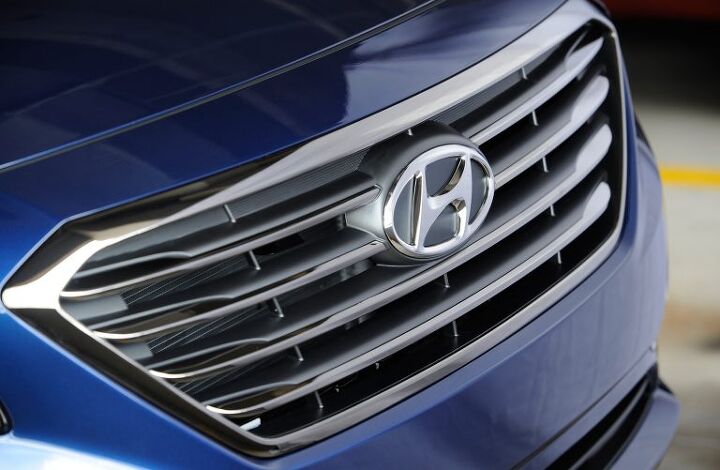


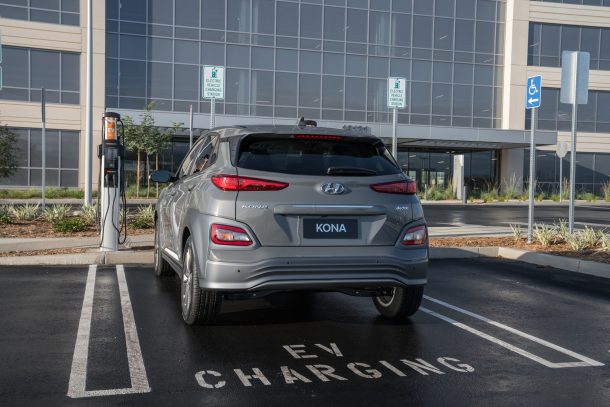

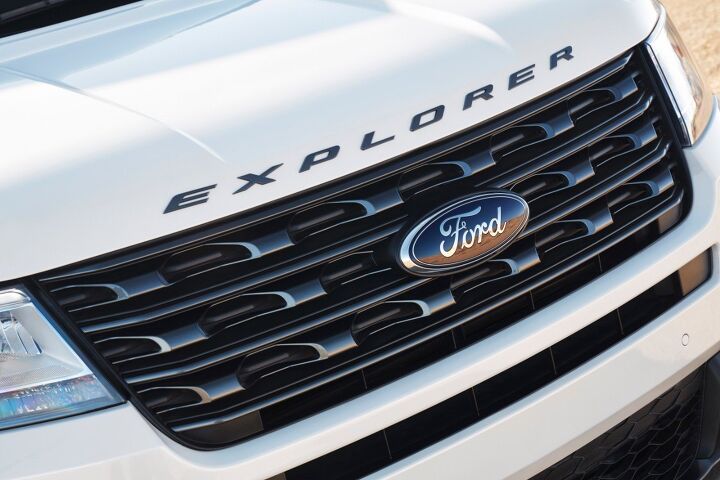
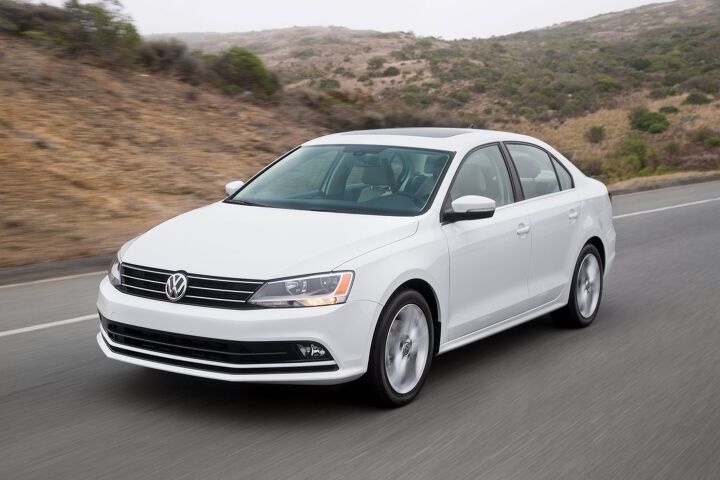
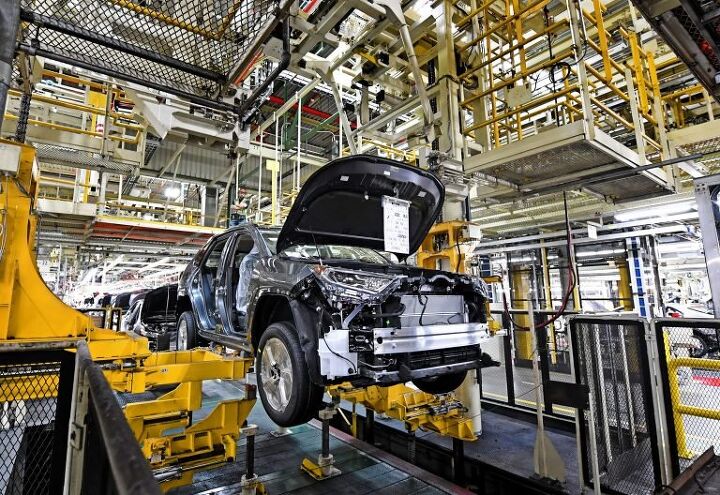
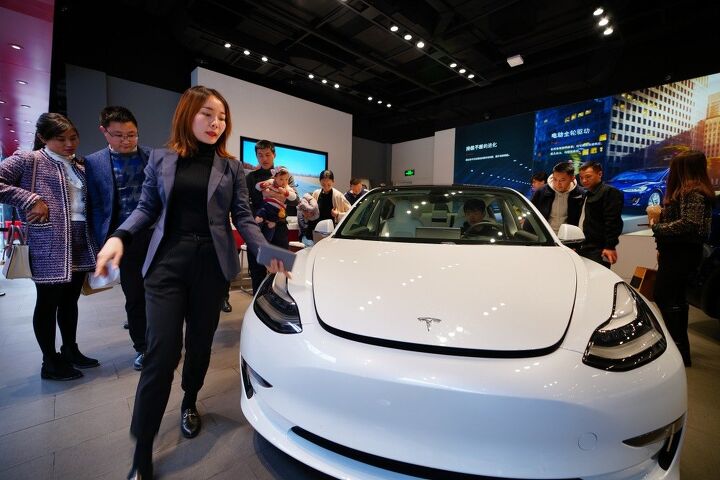
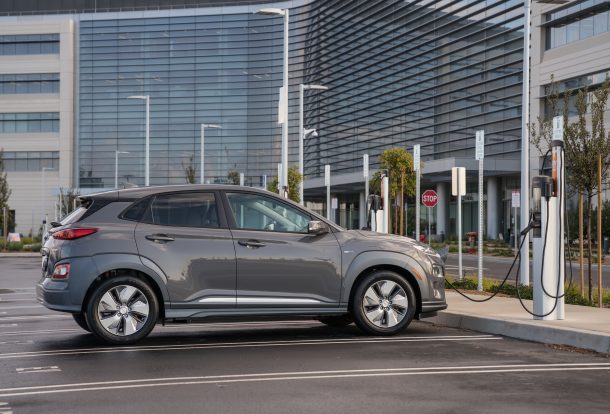

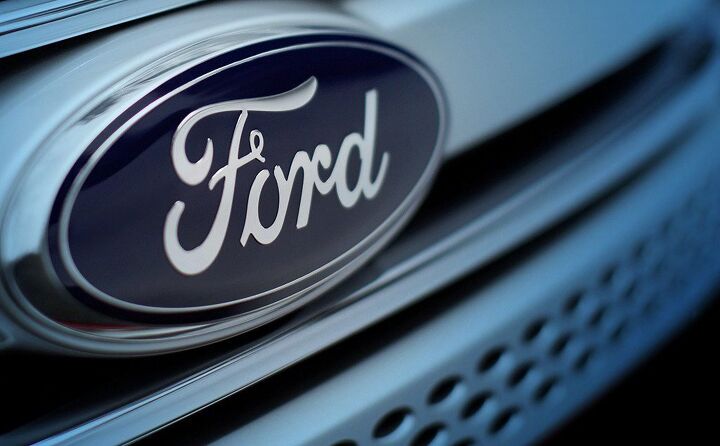

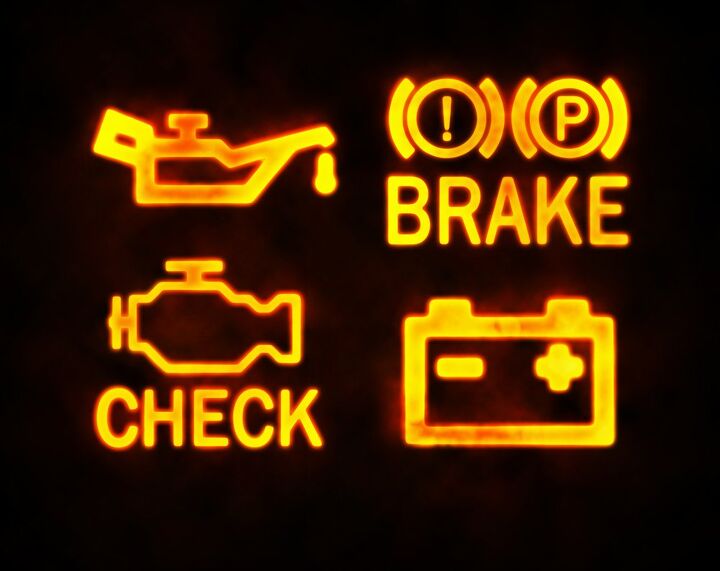












Recent Comments